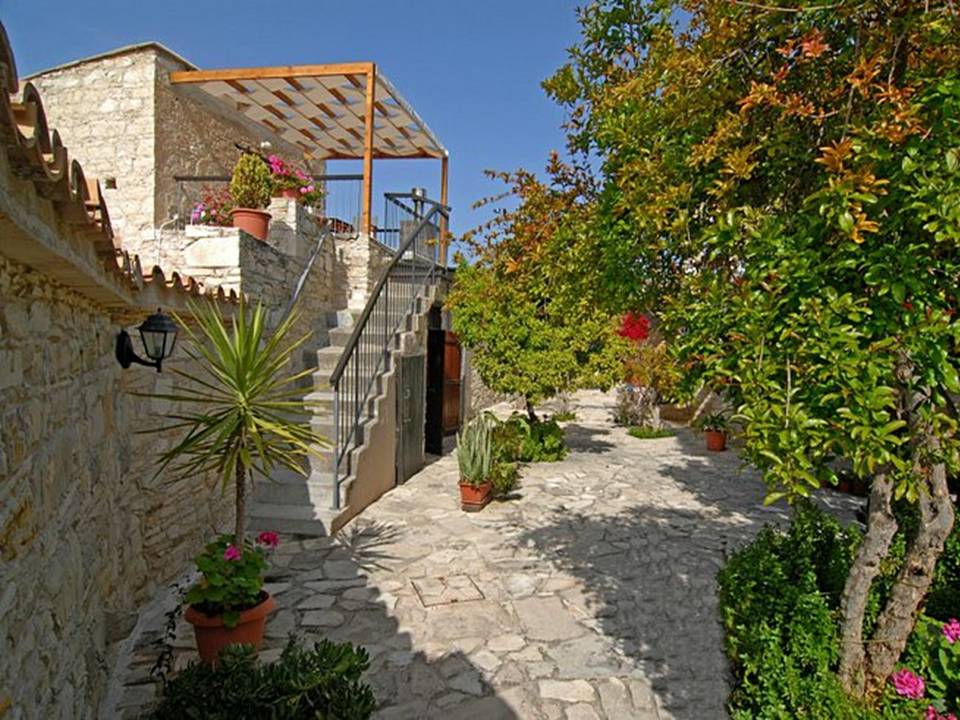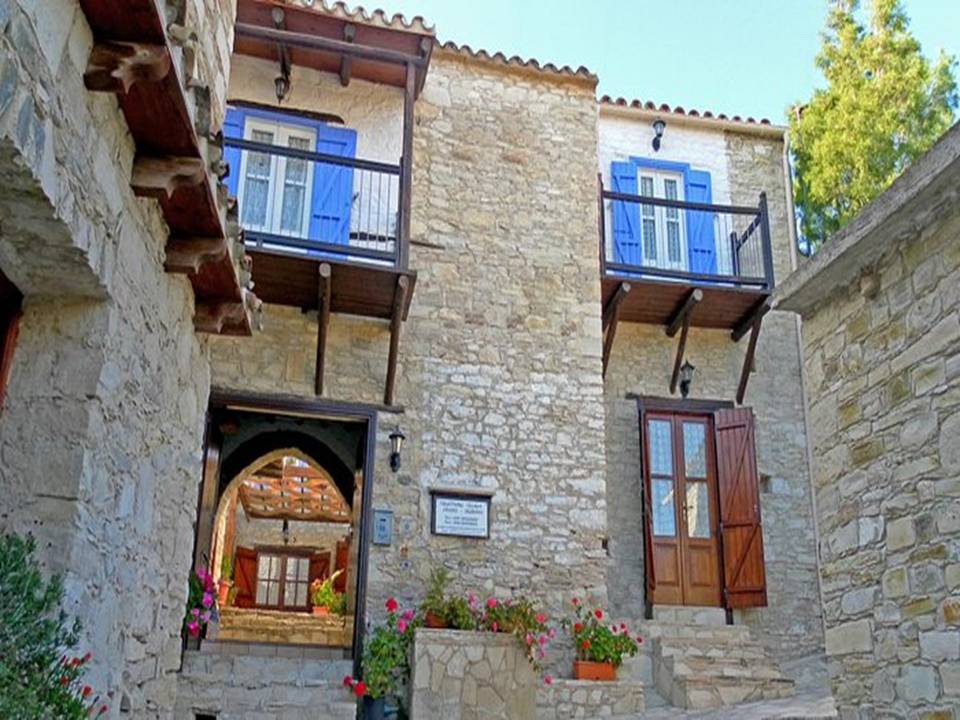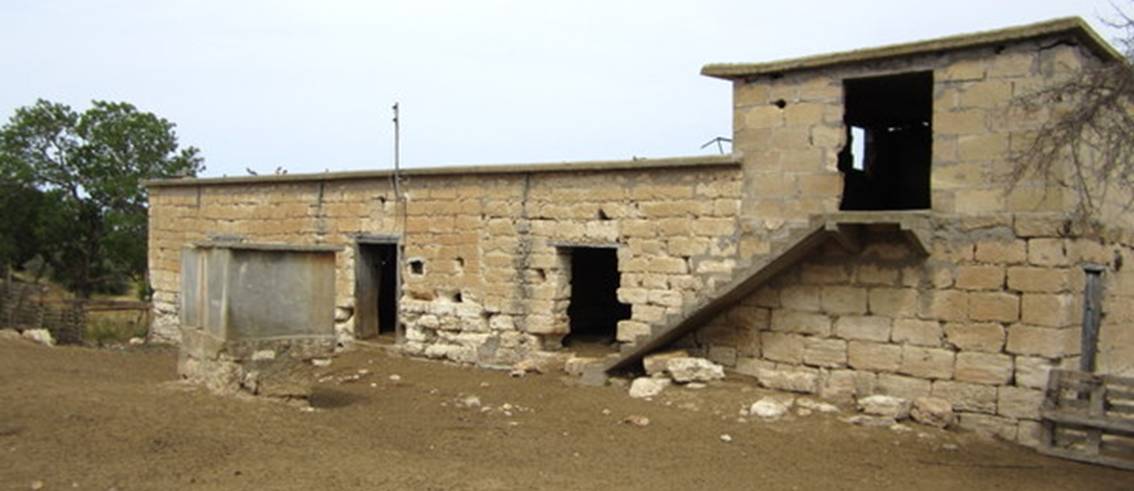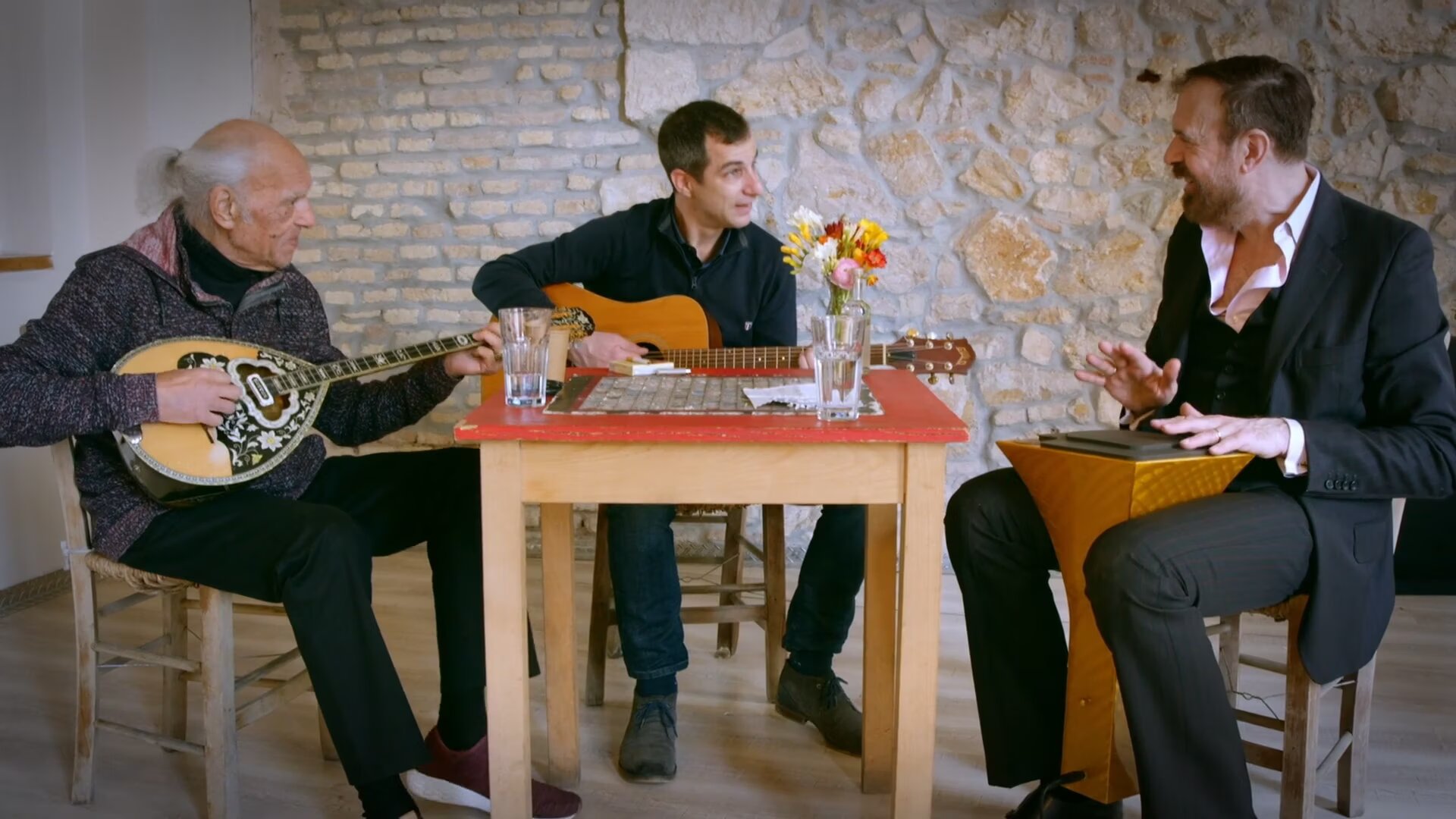Housing Challenges Focusing on the Needs of Rural Communities
Housing Problem: The Interior Ministry of Cyprus plays a pivotal role in addressing housing challenges, particularly focusing on the needs of rural communities. As part of its broader mandate, the ministry implements targeted rural housing schemes to revitalise rural areas, promote balanced regional development, and ensure that all citizens have access to adequate housing.
Housing Problem: Key Priorities of the Scheme
Housing Problem: One of the key priorities of the ministry involves tackling depopulation in rural areas. Over the years, many villages in Cyprus have experienced a population decline, largely due to migration towards urban centres for better economic opportunities. Young people, in particular, tend to leave their hometowns in search of jobs, education, and improved living conditions. This demographic shift leaves rural areas facing many problems, including an ageing population, a diminished workforce, and a decline in essential services. To combat these issues, the Interior Ministry focuses on making rural communities more attractive for existing and potential new inhabitants.
Financial Incentives, Including Grants, Subsidies, or low-interest Loans
Through rural housing schemes, the ministry works to provide affordable and quality housing options. These initiatives typically involve financial incentives, including grants, subsidies, or low-interest loans, designed to encourage families to either settle in rural areas or renovate their existing homes. These housing schemes target low-income families, young couples, and those wishing to return to their villages. By providing financial assistance, the government aims to make homeownership more

accessible to those who might otherwise struggle to afford it, thereby creating a stable and supportive environment for rural development.
€56 Million in Grants has Been Disbursed Under These Programmes
Housing Problem: The government has disbursed €56 million in grants through several targeted programmes. These initiatives aim to support innovation, economic growth, and social development across various sectors. Entrepreneurs, small businesses, and research institutions received significant funding to drive their projects forward. The grants have boosted technology advancements, enhanced education systems, and strengthened health services. The agricultural sector has also benefited, with funding allocated for sustainable farming practices. These programmes continue to foster community development and job creation. By empowering recipients, the government ensures that investments contribute to long-term prosperity. The €56 million in grants reflect a commitment to building a robust and competitive economy while addressing key social challenges.

Enhance the Overall Infrastructure and Quality of Life in Rural Areas
Housing Problem: The ministry does not only address financial barriers to housing but also seeks to enhance the overall infrastructure and quality of life in rural areas. One of its key strategies involves improving public services and utilities in these communities. Without access to essential services like healthcare, education, and efficient transport systems, rural areas struggle to retain their populations. Therefore, the Interior Ministry coordinates with other governmental departments to ensure that rural residents benefit from improved infrastructure, including better roads, reliable water supply, waste management systems, and telecommunications networks. This holistic approach ensures that housing solutions are sustainable and integrated into the broader goals of rural development.
Architectural and Environmental Sustainability
Another critical element of the rural housing schemes involves architectural and environmental sustainability. The Interior Ministry actively promotes the use of eco-friendly materials and energy-efficient designs in new construction projects. The ministry recognizes the importance of preserving Cyprus’ natural landscapes and cultural heritage, particularly in rural areas, which often serve as repositories of the island’s traditional architecture and way of life. As a result, the government encourages the restoration of older homes in a way that respects traditional designs while

incorporating modern technologies to improve energy efficiency and reduce carbon footprints. In doing so, the ministry supports both environmental sustainability and the preservation of the country’s cultural identity.
The Ministry Also Works on Creating Economic Opportunities
To further incentivize individuals and families to move to or stay in rural areas, the ministry also works on creating economic opportunities. Housing schemes are often linked to broader regional development projects aimed at boosting local economies. By promoting investment in agriculture, tourism, and small businesses, the ministry helps create jobs and stimulate economic growth in rural communities. The availability of affordable housing, coupled with job opportunities, makes rural areas a more attractive option for young families who might otherwise migrate to urban centres. The goal is to create vibrant, self-sustaining rural communities that offer a high quality of life.
Tailored Solutions that Address Local Concerns
The Interior Ministry also focuses on tailoring its housing schemes to meet the specific needs of different rural regions. Cyprus’ rural communities are diverse, ranging from mountain villages to coastal settlements. Each region faces unique challenges, whether they stem from geographic isolation, environmental vulnerabilities, or socio-economic disparities. The ministry ensures that its housing programs reflect these regional differences, providing tailored solutions that address local concerns. For instance, rural areas prone to seismic activity may require homes built with specialized materials and techniques to withstand earthquakes, while coastal areas may need measures to protect homes from erosion or flooding.
The Ministry Places a Strong Focus on Helping Elderly Residents Plus
The rural housing schemes also emphasize inclusivity, ensuring that vulnerable groups are not left behind. The ministry places a strong focus on helping elderly residents, individuals with disabilities, and minority community’s access adequate housing. In many cases, these groups face additional barriers to homeownership, such as limited financial resources or accessibility challenges. The ministry’s rural housing initiatives address these issues by offering specialized assistance, such as grants for home modifications or accessible designs that accommodate the needs of disabled residents. By promoting inclusive housing policies, the ministry ensures that all citizens, regardless of their background or abilities, have the opportunity to live in safe, comfortable, and dignified homes.
The Interior Ministry Actively Collaborates With Local Authorities
Community engagement plays a vital role in the success of these housing schemes. The Interior Ministry actively collaborates with local authorities, non-governmental organizations, and residents to ensure that housing policies align with the needs and preferences of rural communities. Through regular consultations, public meetings, and feedback mechanisms, the ministry ensures that local voices are heard and that housing schemes reflect the priorities of the people they are designed to serve. This collaborative approach fosters a sense of ownership and responsibility within rural communities, encouraging residents to take an active role in the development and sustainability of their neighbourhoods.
Conclusion
In conclusion, the Interior Ministry of Cyprus places a strong emphasis on rural housing schemes as part of its broader mission to support rural development and address the challenges of depopulation. By providing financial assistance, improving infrastructure, promoting sustainability, and creating economic opportunities, the ministry ensures that rural communities remain vibrant and attractive places to live. Through these initiatives, the government helps create a future where rural areas thrive, offering a high quality of life for current residents and future generations alike.
You May Also Like This
Investing in Cyprus: https://anatolikilemesou.com/?p=710
Incest Cyprus: https://www.investcyprus.org.cy/




